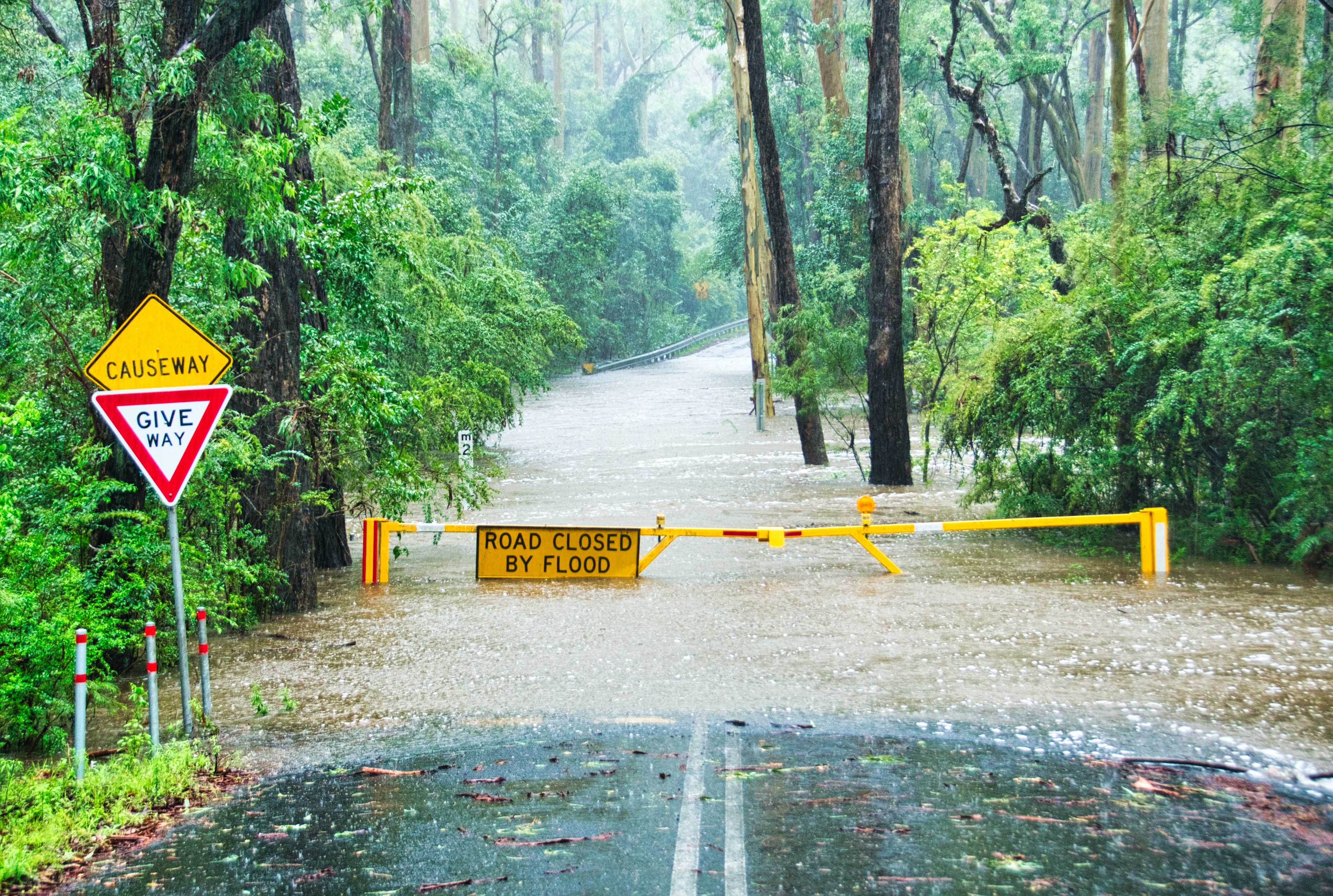News release
From:
Climate change: Human emissions have intensified extreme precipitation over recent decades
Anthropogenic climate change has intensified extreme precipitation (an amount of rainfall or snowfall that well exceeds what is normally expected) over land globally in recent decades, suggests a study in Nature Communications. Emissions from human activity are expected to contribute to extreme events in the future, but these findings suggest they have already caused an intensification in precipitation events in recent decades.
Changes in precipitation, especially in extreme events, are projected under global warming in most climate models. However, detecting an anthropogenic influence in observational data is challenging, due to natural variability and limited observations, which result in uncertainties. These uncertainties mean that previous research has mostly focused on regional analyses to detect an anthropogenic contribution to changes in precipitation.
Gavin Madakumbura and colleagues use new machine learning methods to analyse changes in extreme precipitation over land in global observational datasets from 1982–2015. This method can account for uncertainties in the models used and identify spatial pattern evolution over time. The authors identify anthropogenic signals across a number of different global datasets and suggest that observed long-term changes in extreme precipitation can be consistently attributed to human influence. They also suggest that the intensification of extreme precipitation is related to changes in spatial precipitation patterns over time. Madakumbura and co-authors argue that this provides evidence that anthropogenic climate change is already affecting the global climate and influencing extreme precipitation events today.



 International
International



